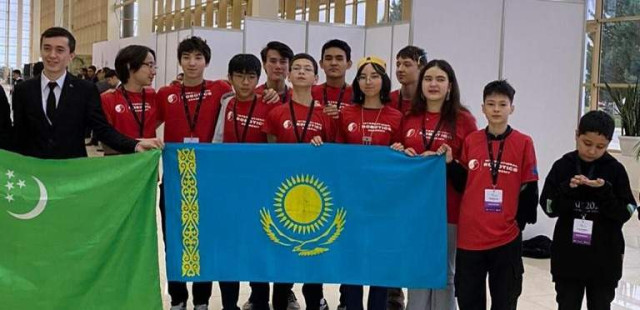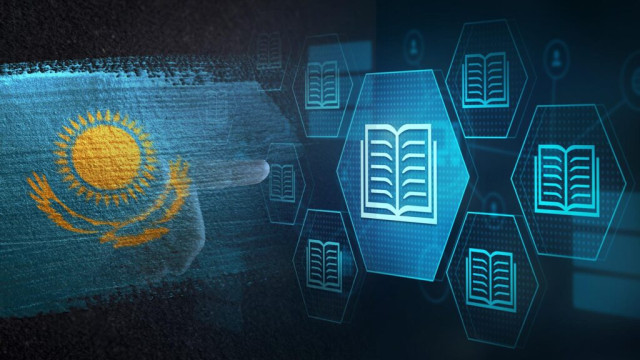
Another eco-friendly innovation
from Kazakh scientists comes in the form of a low-emission briquetted coal.
Developed by researchers at Al-Farabi Kazakh National University (KazNU), this
technology involves adding a bacterium from the Oscillatoria genus to low-grade
sedimentary rock of poor quality. Research has shown that this microalgae can
reduce, for example, sulfur content. The product developed by the domestic
scientists will not only solve environmental issues, as it reduces hazardous
carbon monoxide emissions during coal combustion, but will also be effective
for domestic production. It can be used in the food industry, thermal power
plants, outdoor settings, and more.
“70 to 80 percent of
Kazakhstan's coal is low-grade. It is predominantly used in power generation,
producing a large amount of nitrogenous and sulfur compounds. Moreover,
low-grade coals are high in ash content and have a low calorific value. So, we
came up with the idea to conduct a study with our Chinese counterparts. A
mathematical model indicated that microalgae biomass is the best binder for
low-grade coals. Furthermore, some studies have shown that combining microalgae
with low-grade coals provides biostabilization. This is the first such project
in Kazakhstan, as no one has yet explored the use of microalgae with low-grade
coal,” said Alan Aimagambetov, staff member at the International Laboratory of
Applied Microbiology.
Currently, scientists are preparing
documents to obtain a patent for their bio invention with plans to initially
launch the product in the domestic market and later expand to international
markets.









